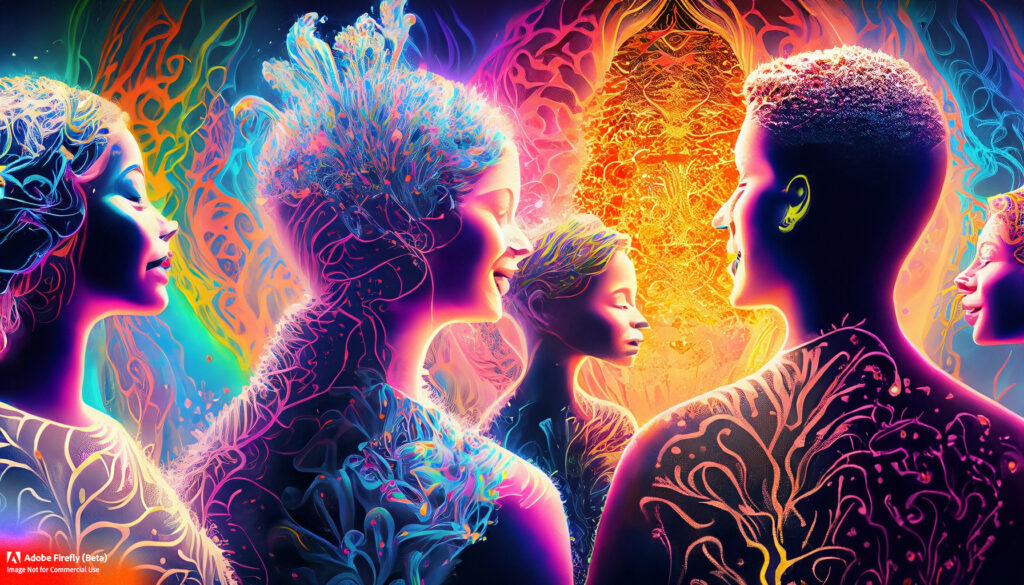How Fewer Friends Can Make You Happier
In today’s world, we are constantly bombarded with messages about the importance of socializing and building our networks. From online platforms to in-person events, there seems to be no shortage of opportunities to connect with others. But more is not always better when it comes to socialization. As our social circles grow larger, the quality of our relationships tends to suffer.
When we have a smaller group of close friends and family members, we are better able to invest in those relationships. We have more time and energy to devote to each individual, which can lead to deeper connections and more meaningful interactions. When we spread ourselves too thin by trying to maintain relationships with a large number of people, we end up feeling stressed, overwhelmed, and disconnected.
Another benefit of limiting the size of our social circles is that it allows us to be more intentional with our time. Instead of saying yes to every invitation or request that comes our way, we can be more selective about how we spend our time. This means that we can focus on activities and relationships that truly matter to us, rather than feeling obligated to participate in events or activities that don’t align with our interests.
When we have a larger social circle, we may also experience more peer pressure to conform to the opinions or behaviors of others in our network. This can lead to a loss of touch with our own values and beliefs, as we may prioritize fitting in with our social circle over staying true to ourselves. We may find ourselves constantly trying to please everyone in our network or being pulled in multiple directions, which can leave us feeling drained and disconnected from our own needs and desires.
Of course, there are some downsides to limiting the size of our social circles as well. For one thing, it can be challenging to find new friends and connect with others when we are focused on maintaining a small group of close relationships. Additionally, it’s important to remember that everyone’s needs when it comes to socialization are different. Some people thrive in a large social network, while others prefer a smaller, more intimate group.
Social media can be a great way to connect with a large number of people online. However, it can also promote a superficial type of socialization, where we may have a large number of friends or followers but lack meaningful connections with them. Additionally, social media can promote feelings of FOMO and social isolation, as we compare ourselves to others and scroll through our newsfeeds without engaging in meaningful conversations.
It’s important to be mindful of how we use these platforms to connect with others. We should focus on building deeper connections with those who align with our values and beliefs. This may mean unfollowing or unfriending those who don’t support us in being our best selves, and instead seeking out individuals who challenge us to grow and evolve.
While these platforms can be helpful for staying in touch with others, they shouldn’t replace in-person interactions or meaningful conversations. Instead, we should aim to use social media in a way that complements our offline relationships and allows us to build more meaningful connections with others.
By focusing on building deeper connections and being intentional with our time and energy, we can create more fulfilling and rewarding social experiences for ourselves and those around us.




